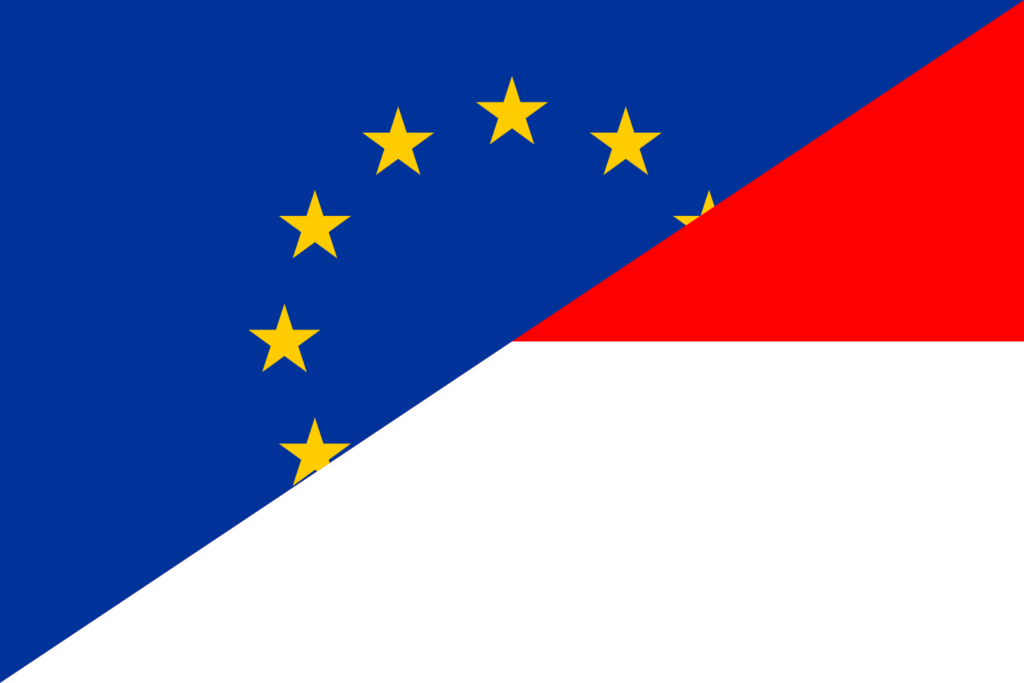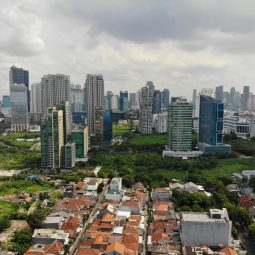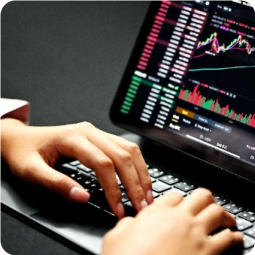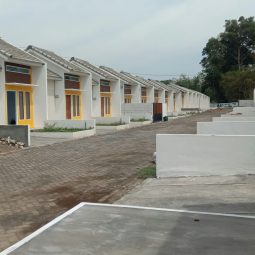This article is the direct opinion of Aaron Aristoteles Hanafi as our Consultant. This article has been carefully reviewed to provide accurateness and reliable information, ensuring high standards of quality, credibility, and trustworthiness.
Amid the buzz of the UN General Assembly in New York and President Prabowo Subianto’s speech on Indonesia’s position regarding Palestine and the Middle East, one aspect of Indonesia’s foreign policy quietly slipped past public attention. On September 23, 2025, Indonesia and the European Union finally concluded the CEPA (Comprehensive Economic Partnership Agreement) after nearly a decade of delayed negotiations.
This agreement emerges at a time when the global order is becoming increasingly fragmented, marked by the protectionist tariffs of Donald Trump’s administration, the breakdown of trade relations between the EU and China, and the collapse of the multilateral consensus. In this era, the economy is no longer a politically neutral space, it has become a contested arena of political interests.
CEPA represents a dual strategic maneuver for both the European Union and Indonesia. For the EU, CEPA with Indonesia is an instrument signaling Brussels’ strategic autonomy, an attempt to reduce external dependence on the United States and China. For Indonesia, CEPA is a tangible practice of economic statecraft, the use of economic instruments to expand geopolitical leverage as a middle power.
In a post-hegemonic world, where no single actor defines the international structure, stability no longer stems from universal norms but from the recalibration of power structures, carried out through calculated and pragmatic instruments. Trade is one of those instruments.
The European Union currently faces a structural dilemma. To support its energy transition and maintain industrial competitiveness, the EU must secure a stable supply of strategic raw materials such as nickel, green minerals, and agricultural products.
Also Read: Revitalizing Diplomacy Through Trade Amidst Global Dynamics
In this context, Indonesia emerges as both a geographically significant and economically relevant partner. Through CEPA, the European Union offers the elimination of tariffs on up to 98 percent of products, including potential savings of around 600 million euros annually for its exporters.
Yet, the strategic value of CEPA goes beyond trade figures. For the EU, this agreement is part of a broader supply chain diversification strategy. CEPA is designed to reduce vulnerabilities—known as de-risking—by expanding trade partnerships with countries that are more aligned both normatively and strategically. CEPA reflects a new form of economic diplomacy.
Rather than relying on conventional multilateralism, the EU now prioritizes what it calls friendshoring, strengthening interdependence with politically reliable nations. In a global landscape filled with hegemonic uncertainty, trade has become an instrument for expanding strategic space. The European Union is not merely seeking markets; it is seeking stability and control over its own future.
For Indonesia, CEPA is not simply a response to an offer from the European Union. It is the manifestation of Indonesia’s diplomatic strategy to open cooperation with all blocs (Indonesia is already part of RCEP, BRICS, and IPEF) without having to choose one over another. Through this step, Indonesia demonstrates that it is not a passive object of trade, but an actor with agency, capable of shaping its own strategic positioning.
This strategy represents the modern evolution of the free and active principle. Indonesia shows that being free and active is not merely about neutrality, it is about tactical equilibrium, characterized by the ability to navigate major power pressures while maintaining room for maneuver.
Indonesia’s long history as an object of global trade exploitation, from spices during the colonial era to oil, palm oil (CPO), and nickel has built a national awareness that single dependency always leads to vulnerability.
Through CEPA, Indonesia is no longer just a participant in the global trade network. It is actively designing strategic relationships and positioning itself as an architectural actor capable of influencing regional and global structures.
Indonesia’s position within ASEAN is also strengthened, serving as a transregional catalyst that bridges the global north and the global south. In a multipolar system without a single dominant power, Indonesia does not need to choose a bloc, it only needs to choose its position. This is the art of middle-power diplomacy in an uncertain world order.
However, influence cannot be built through positioning alone. Diplomatic influence must be accompanied by the capacity to manage opportunities while anticipating strategic pitfalls. CEPA provides Indonesia access to Europe’s high-value market, opening doors for exports of processed goods and investment opportunities in green energy and sustainable manufacturing. On the global stage, this partnership enhances Indonesia’s status as a nation capable of forging equitable relations with normative powers such as the European Union.
Yet behind this promising outlook lie potential risks. EU environmental regulations such as the EUDR (EU Deforestation Regulation) and the Renewable Energy Directive may still serve as instruments of neutral trade barriers. Small farmers risk being left behind due to unequal access to tracking technologies and certification systems.
If Indonesia merely follows externally defined norms, CEPA could turn into a continuation of colonial patterns, where Indonesia once again acts only as a supplier of raw materials, without control over the standards. This situation demands a trade policy that is not only adaptive but also capable of shaping its own strategy.
Diplomatic strategy must evolve from defensive to normative. Indonesia’s presence in Brussels must be strengthened, not only to lobby but to actively participate in policymaking with the European Commission and its relevant directorates.
In a world no longer governed by a single center of power, trade is not merely about efficiency, it is an arena of competing interests. True strength is not measured by export volume but by how far a nation can shape the architecture that governs those exports. CEPA can become a new model of economic diplomacy, one not built on ideological proximity but on pragmatic calculation and the shared need for stability.
However, this agreement will only hold true significance if it is accompanied by a transformation of role. Indonesia can no longer remain a rule-taker, it must become a rule-maker, an architect of new trade norms.
Historically treated as an object of global trade, Indonesia now stands at the threshold of becoming an architect of global trade power. In a world moving without certainty, only nations capable of reading the direction ahead will endure.


















